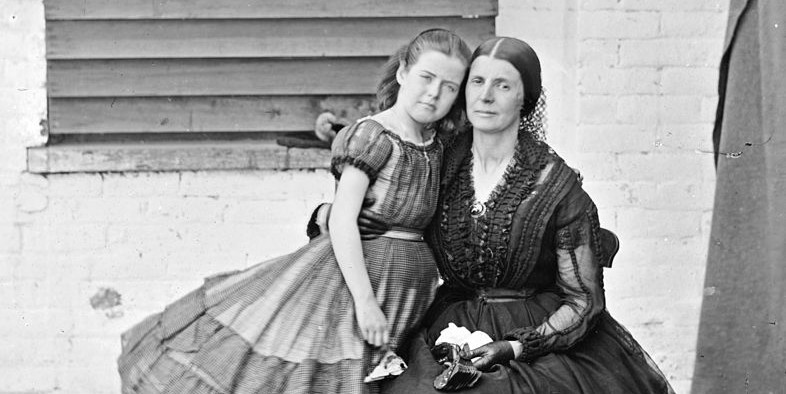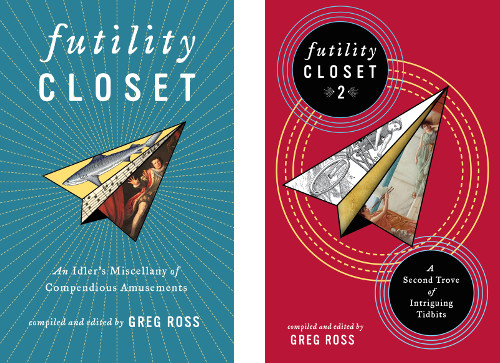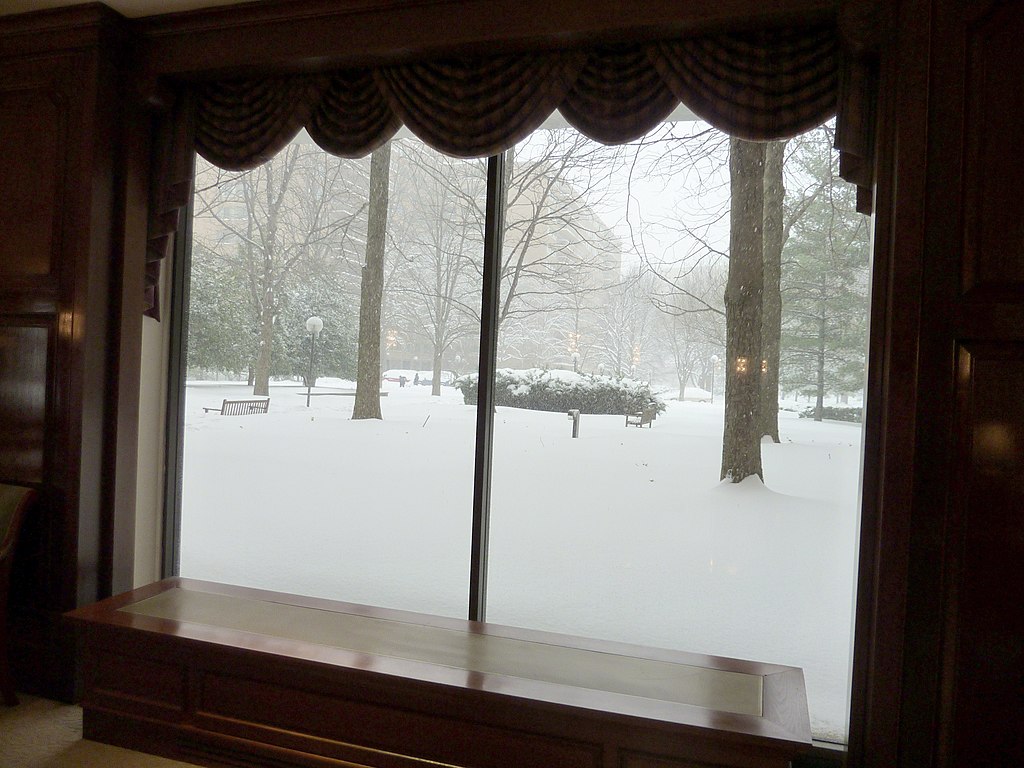In deciding a plagiarism case against author Dan Brown in 2006, British justice Peter Smith handed down a peculiar judgment: Certain letters in the text had been italicized with no explanation. Apparently inspired by Brown’s book The Da Vinci Code, Smith had hidden a message in the text.
The judgment included the sentence “The key to solving the conundrum posed by this judgment is in reading HBHG and DVC.” In context, those abbreviations refer to The Holy Blood and the Holy Grail, the book that Brown had been accused of plagiarizing, and The Da Vinci Code.
“I can’t discuss the judgement, but I don’t see why a judgement should not be a matter of fun,” Smith had said in handing down the opinion, which found Brown not guilty. He promised to confirm any correct solution.
He offered enough hints to reporters that Guardian media journalist Daniel Tench eventually solved it: It was a polyalphabetic cipher using a keyword based on the Fibonacci sequence, yielding the plaintext “Jackie Fisher who are you? Dreadnought.” Jackie Fisher was a British admiral whom Smith admired. (The code is described here; Tench describes the solving here.)
The Court of Appeal later said that Smith “was prompted by the extensive use in [The Da Vinci Code] of codes, and no doubt by his own interest in such things, to incorporate a coded message in his judgment, on which nothing turns. The judgment is not easy to read or to understand. It might have been preferable for him to have allowed himself more time for the preparation, checking and revision of the judgment.”




